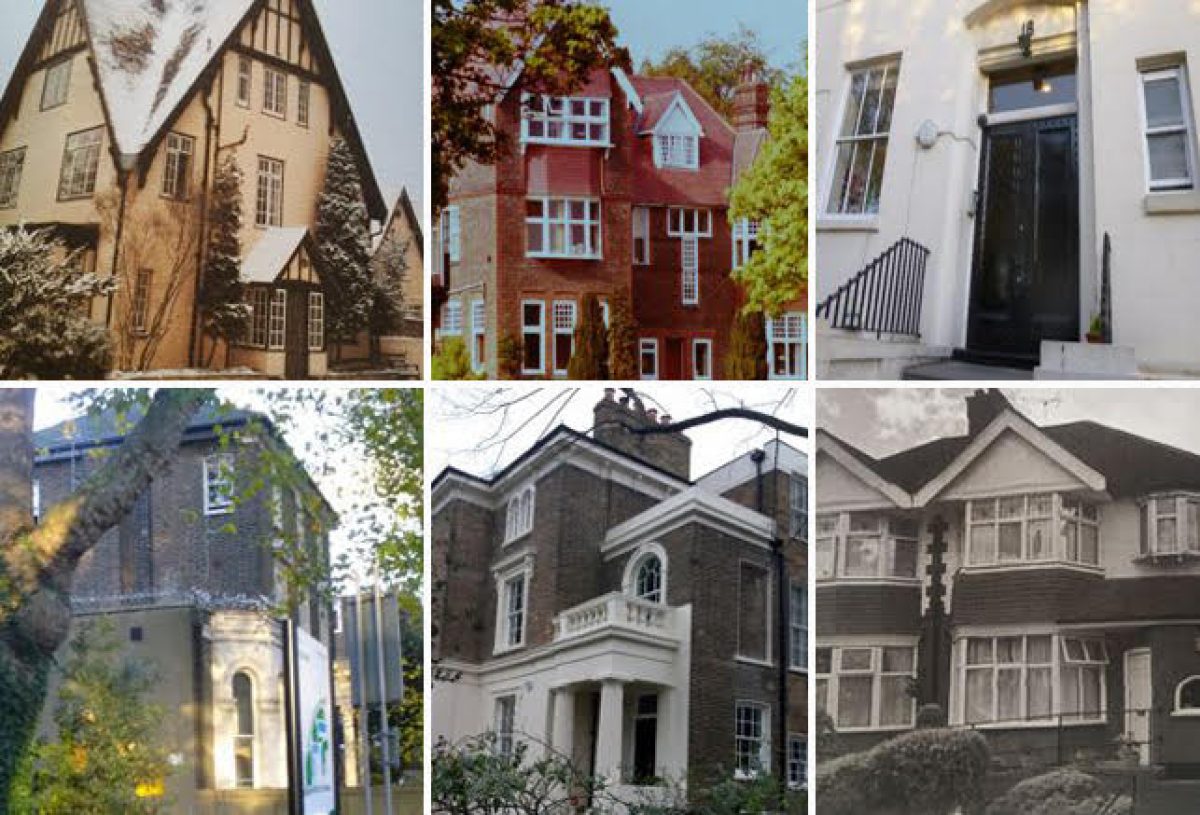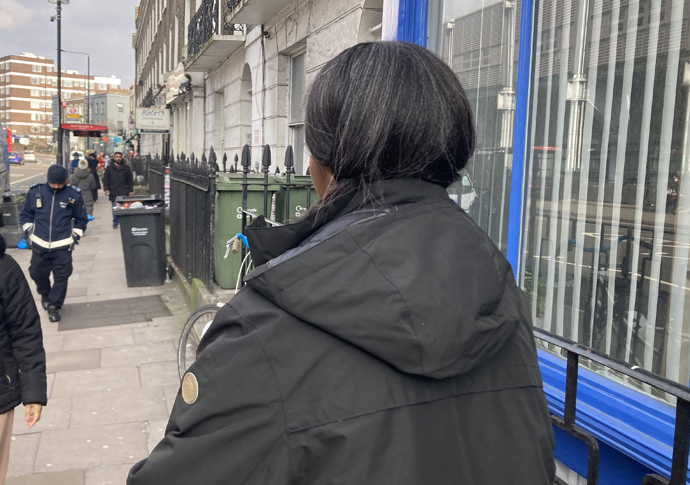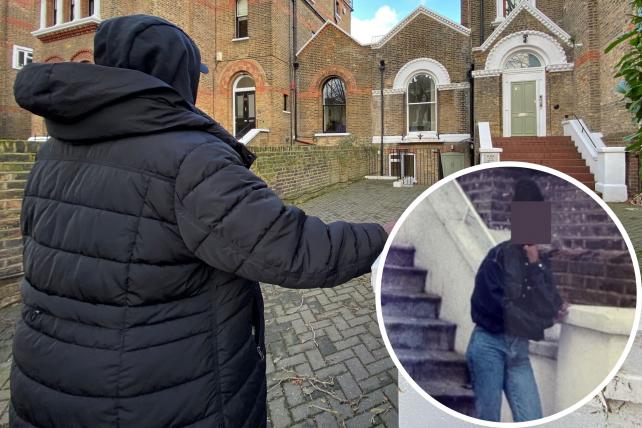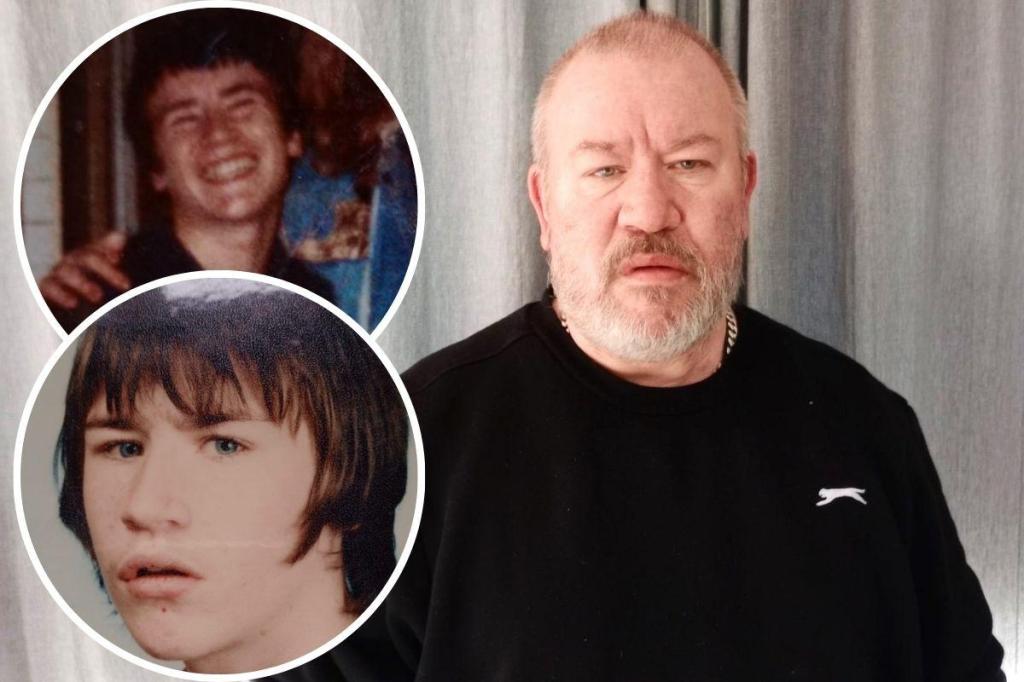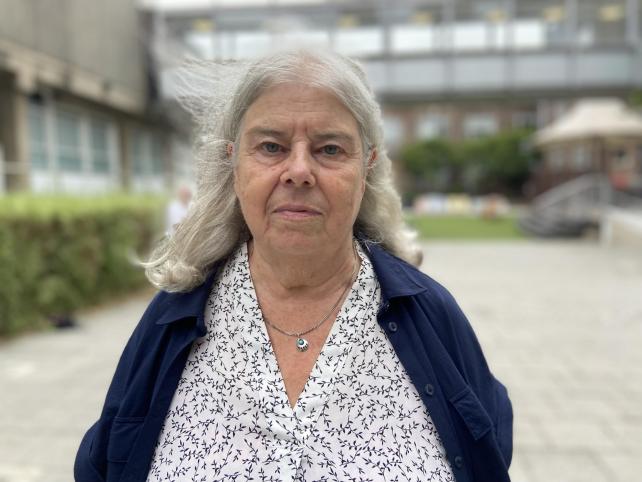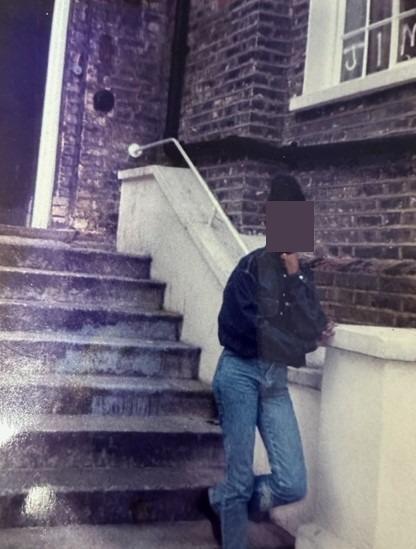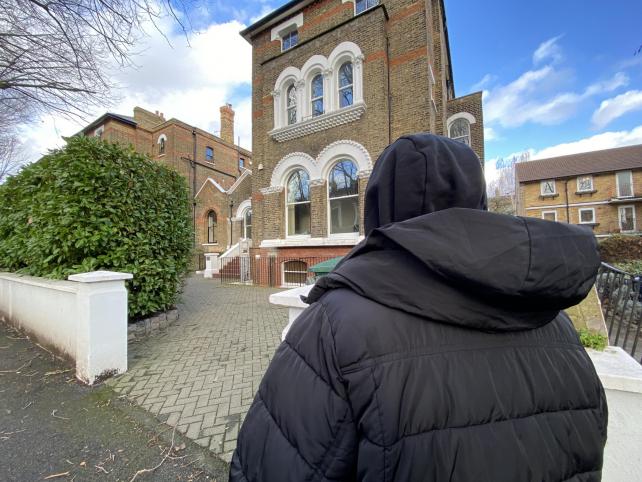Islington Gazette, 4th April 2024
Exclusive by Charles Thomson, Investigations Reporter
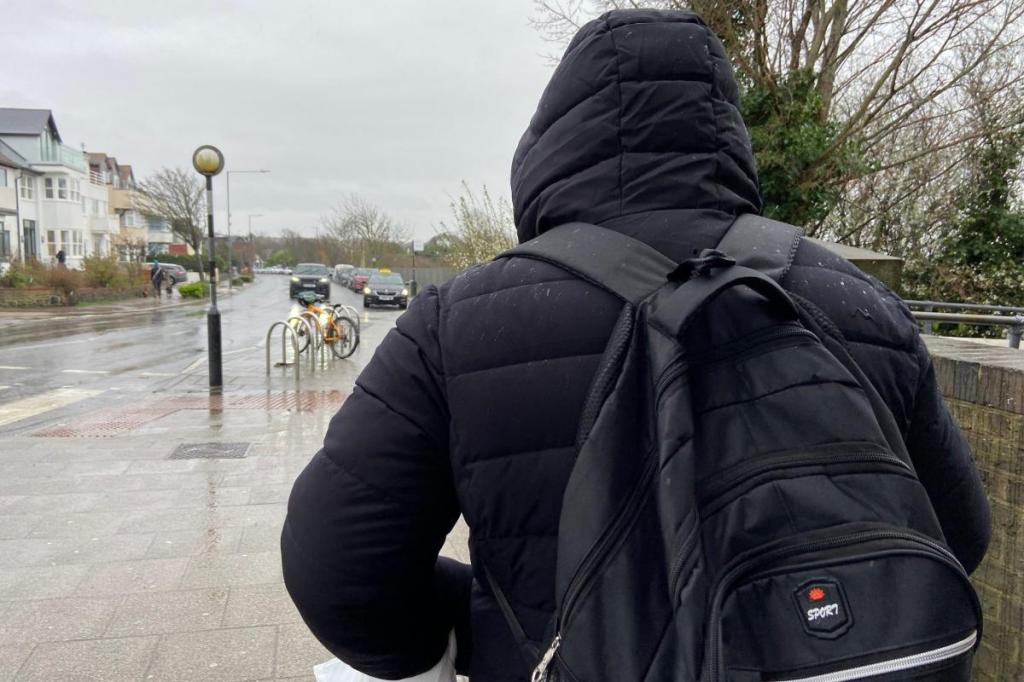
A woman who says she was sexually abused in her bed at an Islington children’s home claims the council is breaking its own rules by asking her to prove it.
Maria – her name has been changed for legal reasons – says she remembers waking up to find someone holding her down and sexually assaulting her.
The alleged attack – which happened in her teens – left her needing therapy as she was unable to form normal relationships.
But she has been denied payment under Islington Council’s ‘Support Payment Scheme’ for abuse victims and told she must face an appeals panel.
“Unfortunately, we do not have sufficient information and material that you suffered qualifying abuse,” solicitors running the scheme wrote in a letter.
“It was distressing to read,” said Maria. “It was nearly 40 years ago. How am I supposed to prove it?”
The scheme’s own rules say applicants should not be expected to provide proof.
But Maria must now face an appeal panel if she wants to access the £10,000 support payment being offered to all survivors of abuse in Islington’s children’s homes.
“I’m fighting it,” said Maria. “Both of my siblings have already received the payment, so I don’t understand why they aren’t giving it to me. It’s distressing to know they were believed and I wasn’t.”
Maria’s story
Maria was placed into care at birth, as her mother left the hospital without her and could not be traced.
Her parents later came forward and claimed her, but Maria went back into care because she was being abused at home.
She was placed in a home called Oak Lodge aged eight, where staff noted she had been “starved of affection” and showed unusual affection towards male staff.
But she was never referred for counselling or psychological assessment, which social work expert Dr Liz Davies, of the Islington Survivors Network (ISN), said qualified as neglect under the support scheme’s rules.
Maria spent time in several homes over the years, but said the sexual assault occurred in Highbury Crescent, where she was placed in her mid-teens.
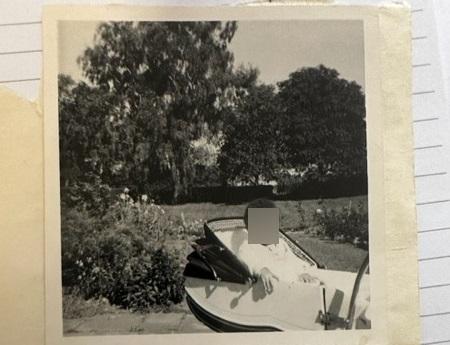
The attack
“I have a memory of someone holding me down whilst sexually assaulting me and this terrified me,” she wrote in her application.
She does not know who attacked her – only that she woke up to them assaulting her in the dark in her bed at Highbury Crescent children’s home in the 1980s.
The man held her down, put his hand over her mouth and kept telling her to relax, she said.
The alleged incident had a lifelong impact on her ability to form and sustain intimate relationships.
“I ended up going to a sex therapist,” Maria told the Gazette. “I couldn’t have a normal relationship because it haunted me.”
She wrote in her support scheme application that she had sought therapy due to flashbacks.
The rules
In 2017, Islington Council admitted and apologised for decades of abuse in its children’s homes.
It launched the Support Payment Scheme in May 2022.
The rules say applicants do not have to provide proof even to the civil standard of 51% certainty.
“The scheme wishes to facilitate support payments rather than present obstacles,” its website says.
“It does not require or adopt such a standard of proof. It requires only that there be credible information and/or material of an applicant’s eligibility.”
Qualifying abuse includes sexual assault, separation from siblings and general neglect, all of which Maria alleges she suffered.
But she was rejected in March and must now appeal.
“I’m going to have to try to get my information from the sex therapist, but that was years ago now. The records might not exist anymore,” said Maria.

Corroboration
The scheme has come under fire in recent months over allegedly inconsistent decision-making, with some applicants paid and others rejected, despite alleging similar abuse by the same staff in the same homes.
Dr Davies said there was significant corroboration that such sexual assaults occurred at Highbury Crescent.
“Other survivors have reported people coming into their rooms at night and abusing them,” she said.
“It’s completely inconsistent who gets this money and who doesn’t when they’re saying the same things about the same homes in the same years.”
Dr Davies added that other applicants had received pay-outs from the scheme after reporting such abuse at Highbury Crescent.
The council
Islington Council said it would not comment on the specifics of individual cases, but reiterated its apology for its “past failure to protect vulnerable children”.
“Each application is treated equally and carefully assessed on its own merits by the independent service provider,” it said.
“This person’s application is still live and has automatically referred to the independent appeals panel for further consideration, so no final decision has been made.”
ISN can be reached at 0300 302 0930, or islingtonsn@gmail.com.
